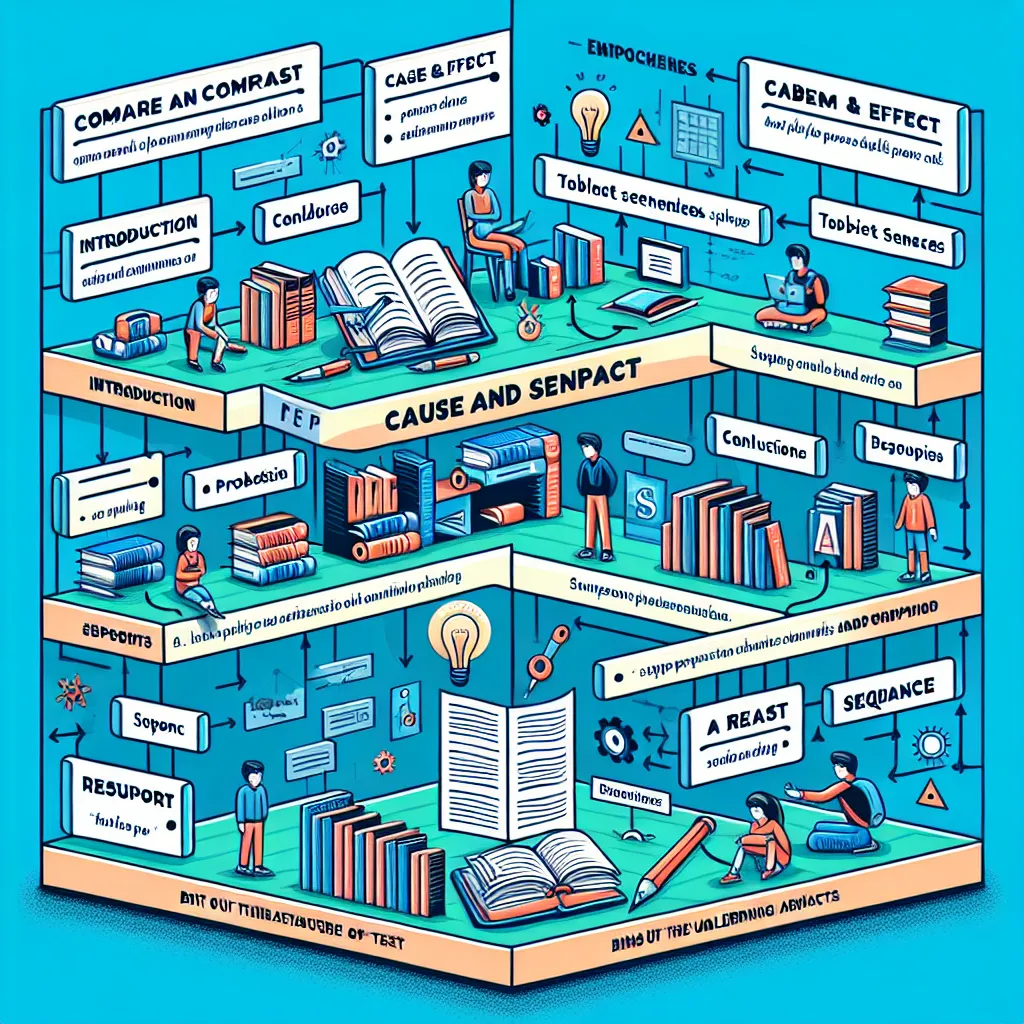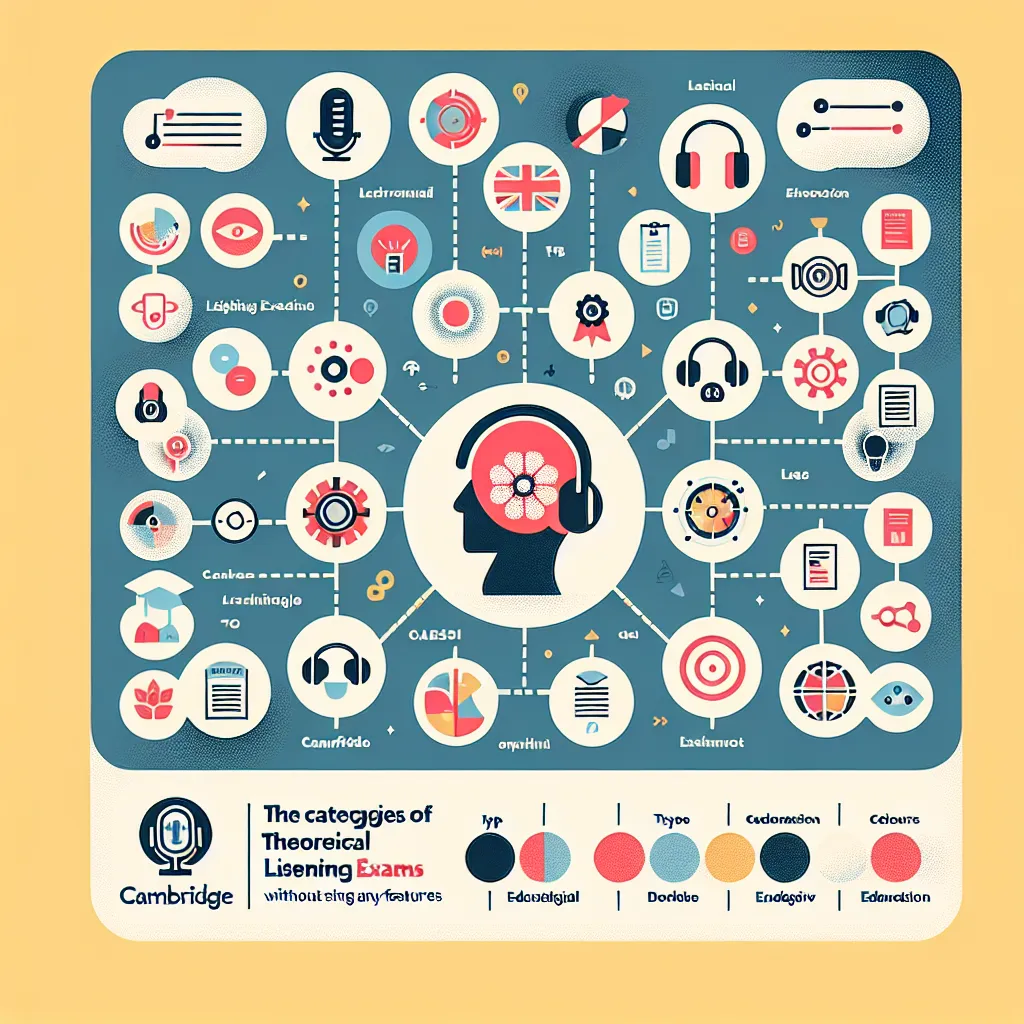The Cambridge Reading section is a crucial component of various Cambridge English exams, testing candidates’ ability to comprehend and analyze written texts. To excel in this section, learners need to develop specific skills that will enable them to navigate through different question types and text formats efficiently. In this comprehensive guide, we’ll explore the essential skills required for success in the Cambridge Reading section.
Understanding the Cambridge Reading Section
Before diving into the key skills, it’s important to understand the structure and purpose of the Cambridge Reading section. This part of the exam assesses a candidate’s ability to read and understand various types of texts, ranging from short notices to longer articles and essays. The questions are designed to test different aspects of reading comprehension, including understanding main ideas, identifying specific information, and inferring meaning from context.
 Cambridge Reading Section Overview
Cambridge Reading Section Overview
Essential Skills for Cambridge Reading Success
1. Skimming and Scanning
Skimming and scanning are two fundamental techniques that every Cambridge exam candidate should master:
- Skimming: This involves quickly reading through a text to get a general idea of its content. It’s useful for understanding the main topic and overall structure of a passage.
- Scanning: This technique is used to locate specific information within a text, such as dates, names, or particular facts.
Practice these skills by setting time limits for reading newspaper articles or short stories, focusing on grasping the main ideas (skimming) or finding specific details (scanning).
2. Identifying Main Ideas and Supporting Details
Being able to distinguish between main ideas and supporting details is crucial for answering questions about the overall meaning of a text:
- Look for topic sentences, usually found at the beginning or end of paragraphs.
- Identify key words and phrases that are repeated or emphasized throughout the text.
- Practice summarizing paragraphs in one or two sentences to hone this skill.
3. Understanding Vocabulary in Context
The Cambridge Reading section often includes questions about the meaning of words or phrases as used in the text:
- Develop the habit of guessing word meanings from context clues.
- Study common prefixes, suffixes, and root words to help deduce meanings of unfamiliar words.
- Regularly read a variety of English texts to expand your vocabulary naturally.
4. Inferring and Deducing Information
Some questions require you to read between the lines and draw conclusions based on the information provided:
- Look for implied meanings and author’s tone.
- Practice making logical deductions based on given facts.
- Analyze relationships between different parts of the text to draw inferences.
5. Understanding Text Structure and Organization
Recognizing how a text is organized can help you navigate through it more effectively:
- Familiarize yourself with different text types (e.g., narrative, descriptive, argumentative).
- Identify transition words and phrases that signal the organization of ideas.
- Practice creating outlines of texts to visualize their structure.
 Text Structure Analysis
Text Structure Analysis
6. Managing Time Effectively
Time management is crucial in the Cambridge Reading section:
- Practice with timed reading exercises to improve your speed and accuracy.
- Allocate your time wisely across different parts of the reading section.
- Learn when to move on from difficult questions to ensure you attempt all questions.
7. Dealing with Different Question Types
The Cambridge Reading section includes various question formats. Familiarize yourself with these types:
- Multiple choice
- True/False/Not Given
- Matching headings to paragraphs
- Sentence completion
- Short answer questions
Practice each type regularly to become comfortable with their specific requirements.
8. Critical Thinking and Evaluation
Develop your ability to critically analyze texts:
- Question the author’s purpose and perspective.
- Evaluate the strength of arguments presented.
- Distinguish between fact and opinion.
This skill is particularly important for higher-level Cambridge exams like CAE and CPE.
Important Considerations
- Always read the instructions carefully for each task.
- Pay attention to word limits in short answer questions.
- Don’t spend too much time on any single question; move on if you’re stuck.
- Use the process of elimination for multiple-choice questions when unsure.
Next Steps
To further improve your Cambridge Reading skills:
- Set aside regular time for focused reading practice.
- Use official Cambridge practice tests to familiarize yourself with the exam format.
- Keep a vocabulary journal to record and review new words and phrases.
- Join a study group or find a language exchange partner to discuss texts and share strategies.
- Consider taking a preparatory course or working with a tutor experienced in Cambridge exams.
By developing these key skills and practicing regularly, you’ll be well-prepared to tackle the Cambridge Reading section with confidence. Remember, improvement comes with consistent effort and targeted practice. Good luck with your Cambridge exam preparation!
[internal_links]




